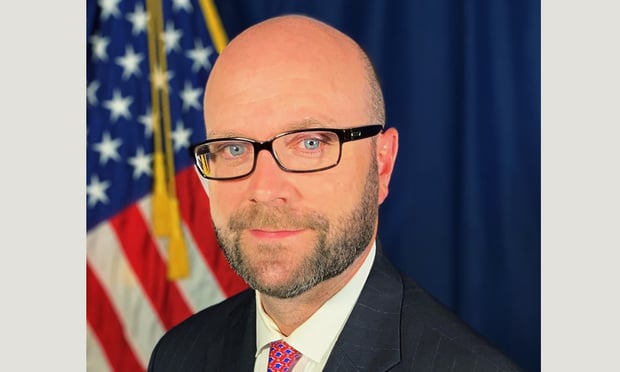 Stephen J. Cox, U.S. attorney for the Eastern District of Texas/courtesy photo
Stephen J. Cox, U.S. attorney for the Eastern District of Texas/courtesy photo
Millions of Americans and small businesses are suffering the economic effects caused by the Covid-19 pandemic. In response, Congress passed the Coronavirus Aid, Relief, and Economic Security (CARES) Act. This historic legislation, which includes over $2 trillion in emergency financial assistance, was designed to provide immediate help for small businesses, healthcare providers, and individuals.
Complete your profile to continue reading and get FREE access to Treasury & Risk, part of your ALM digital membership.
Your access to unlimited Treasury & Risk content isn’t changing.
Once you are an ALM digital member, you’ll receive:
- Thought leadership on regulatory changes, economic trends, corporate success stories, and tactical solutions for treasurers, CFOs, risk managers, controllers, and other finance professionals
- Informative weekly newsletter featuring news, analysis, real-world case studies, and other critical content
- Educational webcasts, white papers, and ebooks from industry thought leaders
- Critical coverage of the employee benefits and financial advisory markets on our other ALM sites, PropertyCasualty360 and ThinkAdvisor
Already have an account? Sign In Now
*May exclude premium content© 2025 ALM Global, LLC, All Rights Reserved. Request academic re-use from www.copyright.com. All other uses, submit a request to [email protected]. For more information visit Asset & Logo Licensing.





